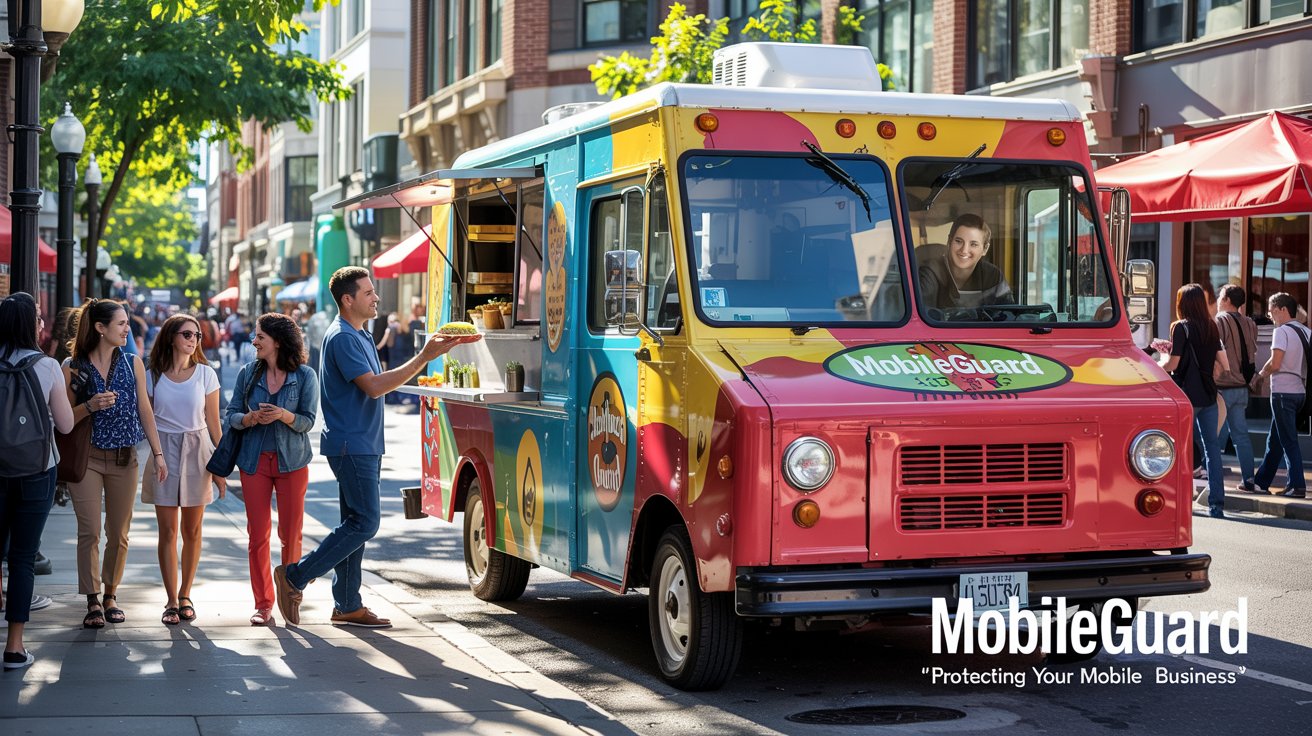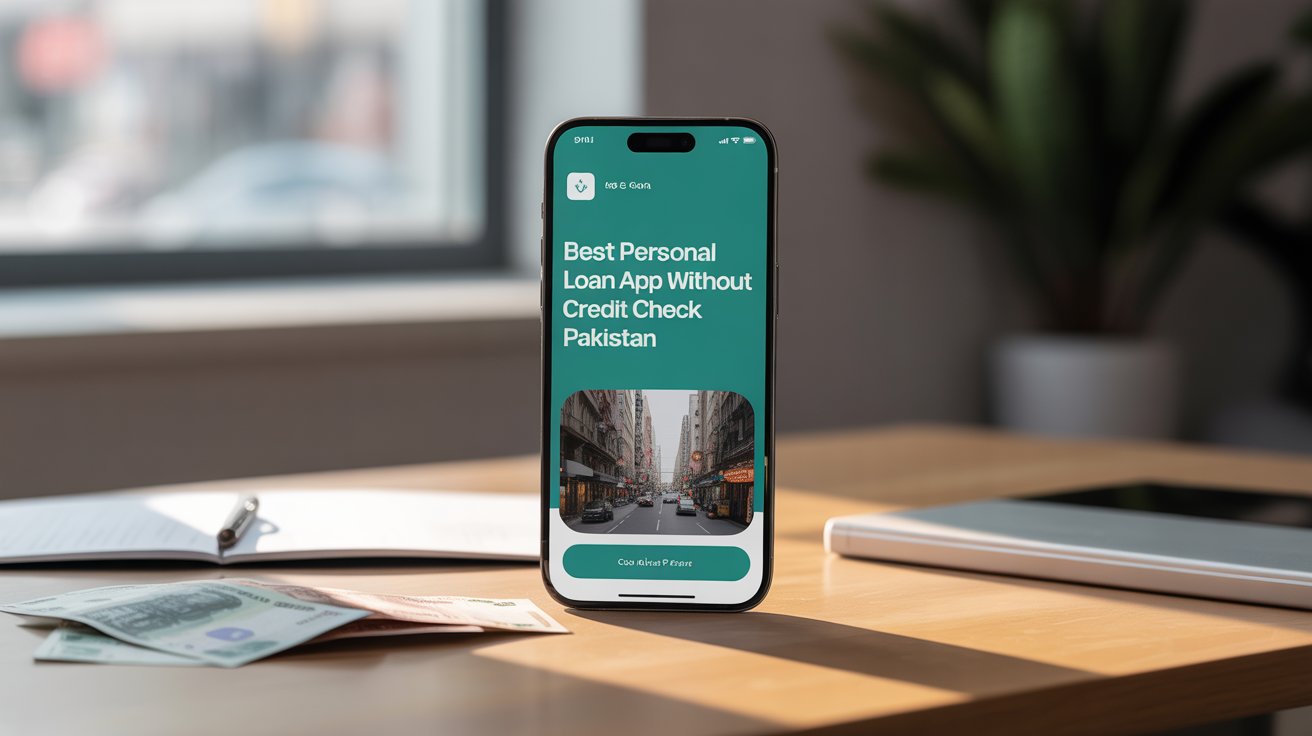Commercial Food Truck Insurance: Protecting Your Business on the Go
Running a food truck is an exciting and profitable venture, Commercial Food Truck Insurance but it also comes with unique risks. From accidents on the road to customer-related incidents, unexpected events can disrupt your business and lead to financial losses. That’s why having the right commercial food truck insurance is essential to protect your investment, employees, and customers.
In this guide, we’ll break down everything you need to know about food truck insurance, including:
- Why Food Truck Insurance is a Must
- Types of Coverage You Need
- Factors That Affect Your Insurance Costs
- How to Choose the Best Policy
- Tips for Lowering Your Premiums
By the end, you’ll have a clear understanding of how to safeguard your mobile kitchen and keep your business thriving.
Why Do You Need Commercial Food Truck Insurance?
Unlike traditional restaurants, food trucks face additional risks due to their mobility. Here are some key reasons why insurance is non-negotiable:
1. Legal Requirements
Most states require food truck owners to carry at least liability insurance to operate legally. Without it, you could face fines, lawsuits, or even a shutdown.
2. Protection Against Accidents
Food trucks are on the road daily, increasing the risk of collisions, property damage, or injuries. Insurance helps cover repair costs, medical bills, and legal fees.
3. Safeguarding Your Equipment
Your truck, kitchen appliances, and inventory are valuable assets. If they’re damaged in an accident, fire, or theft, insurance can help cover replacement costs.
4. Customer-Related Risks
If a customer gets sick from your food or slips near your truck, you could face a lawsuit. Liability insurance protects you from such claims.
5. Peace of Mind
Knowing you’re covered allows you to focus on growing your business without constant worry about unexpected disasters.
Types of Food Truck Insurance Coverage
Not all insurance policies are the same. Depending on your business needs, you may require a combination of the following coverages:
1. Commercial Auto Insurance
Since your food truck is a vehicle, you’ll need commercial auto insurance to cover accidents, collisions, and damages while driving.
- Liability Coverage – Pays for injuries or property damage you cause to others.
- Collision Coverage – Covers repairs if your truck is damaged in an accident.
- Comprehensive Coverage – Protects against non-collision incidents (theft, fire, vandalism).
2. General Liability Insurance
This protects your business from third-party claims, such as:
- Bodily Injury – If a customer gets hurt near your truck.
- Property Damage – If your truck damages someone else’s property.
- Product Liability – If your food causes illness or allergic reactions.
3. Equipment & Property Insurance
Covers your cooking equipment, refrigerators, generators, and other essentials in case of:
- Theft
- Fire or electrical damage
- Natural disasters
4. Workers’ Compensation Insurance
If you have employees, most states require this coverage. It helps with:
- Medical bills if an employee gets injured
- Lost wages during recovery
5. Business Interruption Insurance
If an accident or disaster forces you to shut down temporarily, this coverage helps replace lost income.
6. Umbrella Insurance
Provides extra liability protection beyond standard policy limits, useful for high-risk situations.
How Much Does Food Truck Insurance Cost?
The cost of commercial food truck insurance varies based on factors like:
- Location – High-traffic cities may have higher premiums.
- Coverage Limits – More protection means higher costs.
- Truck Value & Equipment – Newer, high-end trucks cost more to insure.
- Driving Record – A clean record can lower premiums.
- Annual Revenue – Higher sales may increase liability risks.
On average, food truck insurance costs between $2,000 to $6,000 per year, but bundling policies can save money.
How to Get the Best Food Truck Insurance Policy
1. Assess Your Risks
Identify your biggest vulnerabilities (e.g., frequent travel, high-value equipment).
2. Compare Multiple Quotes
Get estimates from at least 3-5 insurers specializing in food truck coverage.
3. Check for Discounts
Ask about:
- Bundling policies (auto + liability)
- Safety features (GPS tracking, fire suppression systems)
- Paying annually instead of monthly
4. Read the Fine Print
Ensure your policy covers:
- Off-premises operations (festivals, private events)
- Spoiled food due to equipment failure
- Employee injuries
5. Work with a Specialized Agent
An insurance broker familiar with food trucks can help tailor the best plan.
Commercial Food Truck Insurance: The Ultimate Protection for Your Mobile Kitchen
Running a food truck is more than just a business—it’s a lifestyle. The freedom of the open road, the thrill of serving delicious meals to eager customers, and the flexibility to go where the demand is highest make food trucks an incredibly rewarding venture. But with great opportunity comes great risk.
Unlike brick-and-mortar restaurants, food trucks face unique challenges—highway accidents, generator fires, slip-and-fall claims, and even foodborne illness lawsuits. One unexpected disaster could wipe out your entire business. That’s why commercial food truck insurance isn’t just a good idea—it’s a necessity for survival.
In this comprehensive guide, we’ll dive deep into:
Why standard business insurance WON’T fully protect your food truck
The 6 must-have insurance policies every mobile food vendor needs
Hidden coverage gaps most owners don’t realize they have
Real-life food truck insurance claims (and how much they cost)
Pro tips to lower premiums without sacrificing protection
Whether you’re a seasoned food truck operator or just launching your first mobile kitchen, this guide will help you avoid costly mistakes and secure the right coverage at the best price.
Why Traditional Business Insurance Fails Food Trucks
Many new food truck owners make a critical mistake—they assume their personal auto policy or a generic business insurance plan will cover them. This false sense of security can lead to financial ruin. Here’s why:
1. Personal Auto Insurance Won’t Cover Commercial Use
If you get into an accident while operating your food truck, your personal car insurance will likely deny the claim because it’s a commercial vehicle.
2. Restaurant Insurance Leaves Dangerous Gaps
Standard restaurant policies often exclude:
- Roadside accidents
- Breakdowns that spoil inventory
- Equipment damage while in transit
3. Event Liability Risks Are Overlooked
Most festivals and private venues require $1M+ in liability coverage. Without it, you could lose lucrative gigs.
The 6 Essential Food Truck Insurance Policies
To fully protect your business, you need a customized insurance package that addresses all risks. Here’s what that includes:
1. Commercial Auto Insurance (The Foundation)
This is legally required in most states for any vehicle used for business. Covers:
- Collisions (with other cars, objects, or rollovers)
- Non-collision damage (theft, fire, hail, vandalism)
- Towing & roadside assistance (critical for food trucks)
💡 Pro Tip: Opt for “hired and non-owned auto” coverage if you use other vehicles for deliveries or catering.
2. General Liability Insurance (Your Financial Shield)
Protects against customer injury and property damage claims, such as:
- A customer slipping on grease near your truck
- Your awning damaging a building
- A food allergy lawsuit
⚠️ Real Claim Example: A food truck paid $85,000 in medical bills after a customer burned themselves on a hot grill.
3. Equipment & Property Coverage (Protect Your Tools)
Your grill, fridge, generator, and POS system are expensive—this covers:
- Theft of equipment
- Fire/electrical damage
- Spoiled food from breakdowns
🔥 Hot Stat: A single generator fire can cause $20,000+ in losses without insurance.
4. Workers’ Compensation (Required for Employees)
If you have staff, this covers:
- Medical bills if a worker gets injured
- Lost wages during recovery
- Legal fees from employee lawsuits
🚨 Warning: Skipping workers’ comp can result in massive fines or even jail time in some states.
5. Business Interruption Insurance (Income Protection)
If your truck is out of commission due to an accident, this replaces:
- Lost profits
- Rental fees for a temporary truck
- Ongoing expenses (loan payments, permits)
📉 Real-Life Case: A food truck without interruption coverage lost $12,000 in revenue after a 3-week repair delay.
6. Umbrella Policy (Extra Lawsuit Protection)
Adds $1M+ in additional liability coverage for catastrophic claims, like:
- Severe customer injuries
- Multi-vehicle accidents
- Major property damage
💸 Lawsuit Reality: A food truck was sued for $2.5 million after a gas leak caused an explosion at an event.
How Much Does Food Truck Insurance Cost? (2024 Rates)
| Coverage Type | Average Annual Cost |
|---|---|
| Commercial Auto | $1,200 – $3,500 |
| General Liability | $750 – $2,000 |
| Equipment Insurance | $500 – $1,500 |
| Workers’ Comp | $1,000 – $5,000 |
| Business Interruption | $300 – $800 |
| Total Estimated Cost | $3,750 – $12,800/year |
Factors that affect your premium:
Location (Urban areas = higher risk)
Driving record (Accidents increase costs)
Coverage limits ($1M vs. $2M liability)
Deductible choice ($500 vs. $2,500)
💰 Money-Saving Hack: Bundling policies with one insurer can cut costs by 15-25%.
5 Sneaky Ways to Lower Your Insurance Premiums
- Install Safety Gear – GPS trackers, fire suppression systems, and dash cams can earn discounts.
- Pay Annually – Monthly payments often include extra fees.
- Increase Deductibles – A higher deductible = lower premiums (but more out-of-pocket if you claim).
- Join an Association – Groups like the National Food Truck Association offer group rate deals.
- Review Annually – As your business grows, update your policy to avoid overpaying.
Final Verdict: Don’t Risk Your Dream
A single uninsured accident could bankrupt your food truck business. The right insurance isn’t just a policy—it’s your financial lifeline.
Action Steps:
Get 3+ quotes from specialized insurers
Ask about event liability requirements
Double-check for hidden exclusions






Leave a Reply